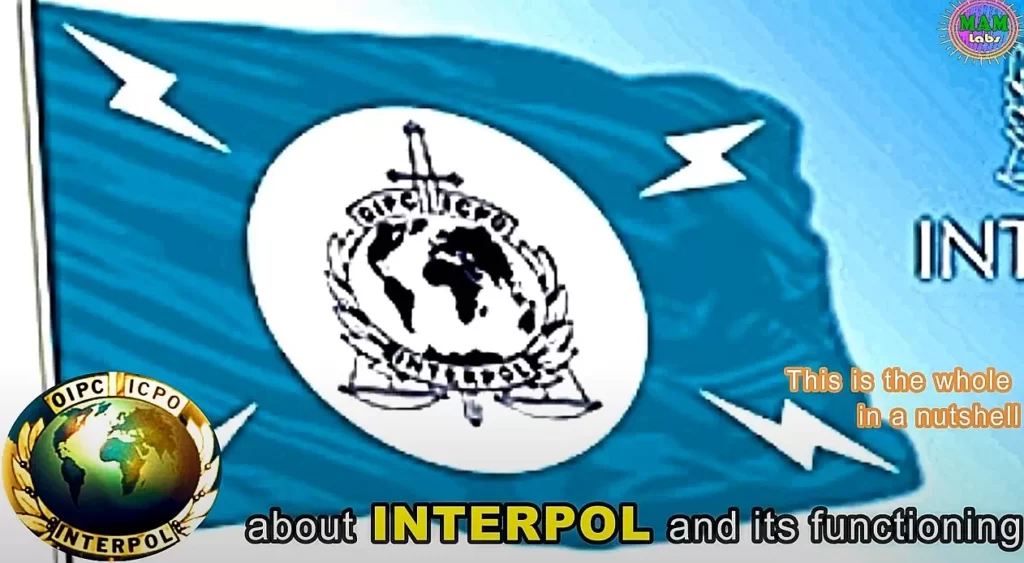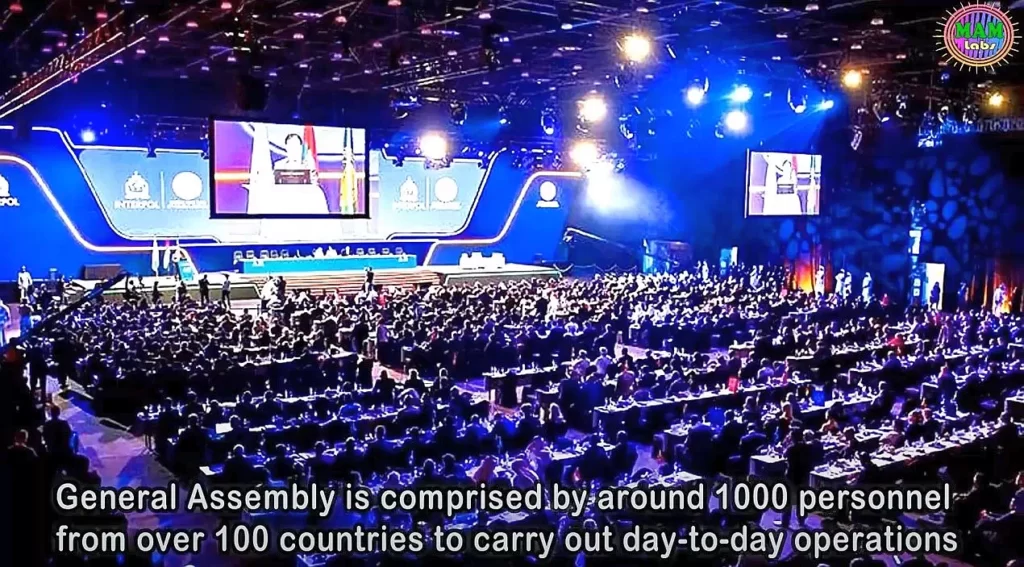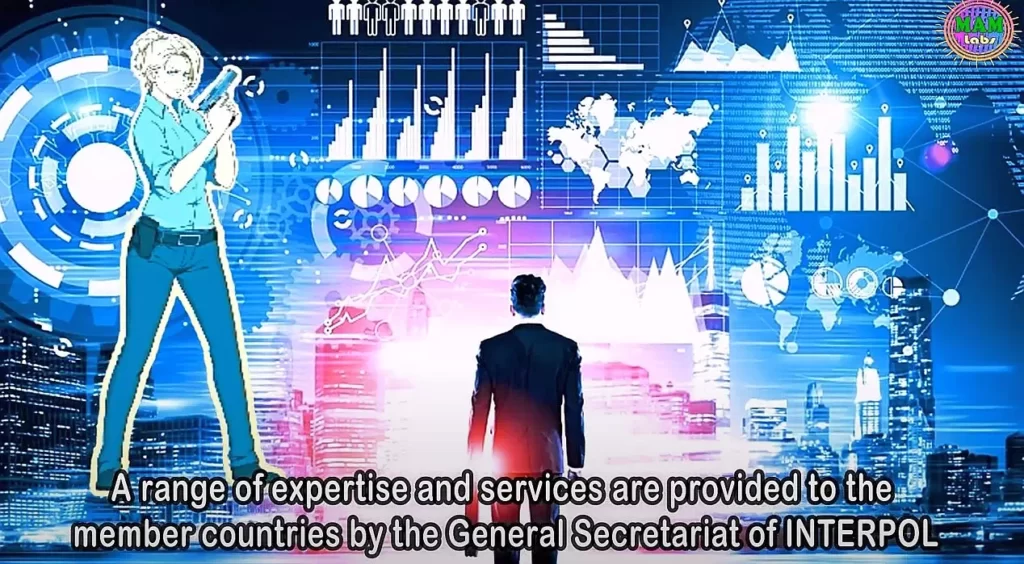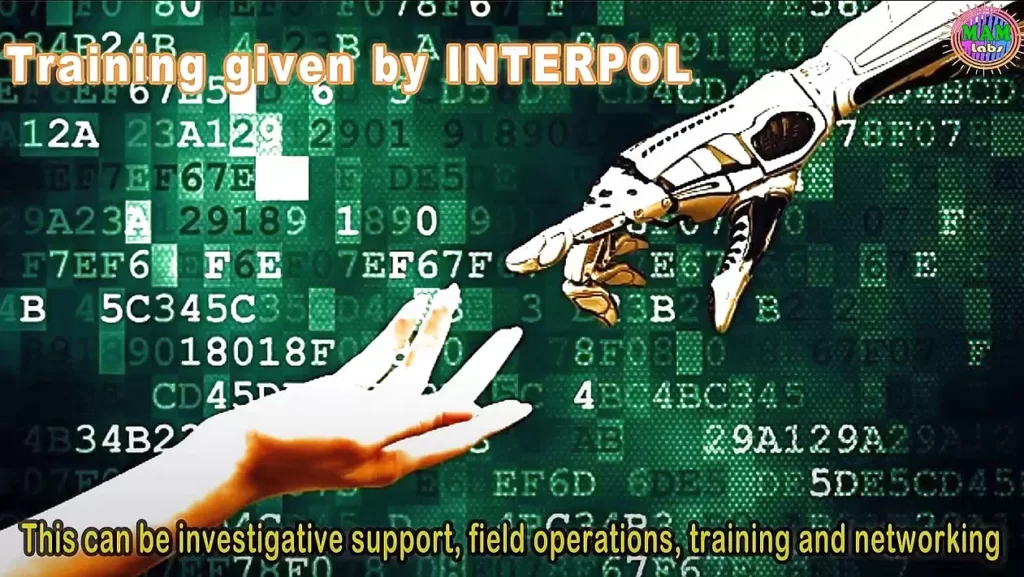Interpol is an international intelligence agency.

What is INTERPOL and how it works?
The official abbreviation of INTERPOL is ICPO, means “The International Criminal Police
Organization”.
This is an international policing organization, having headquarters in Lyon. Lyon is one of the largest cities in France.
INTERPOL was founded in 1923 as the International Criminal Police Commission (ICPC).
It functions as a network of criminal law enforcement agencies from different countries.
Worldwide police cooperation and crime control is facilitated by INTERPOL.

1. INTERPOL’s Main Activities Are:
- Providing investigative support, expertise, and training to law enforcement worldwide.
- Contrary to popular portrayals, INTERPOL seeks to remain politically neutral.
- It is not a supranational law enforcement agency and has no agents with arresting powers.
- Its main focusing areas are transnational crime, terrorism, cybercrime and organized crime.
- But, it virtually covers every kind of crime, including crimes against humanity, child pornography, drug trafficking and production, political corruption, copyright infringement, and white-collar crime.
- Its annual budget stands at around €113 million (GBP £99 million) comes from the contributions of 181 countries.
- The General Assembly is INTERPOL’s supreme governing body, comprising representatives from all member countries. It meets once a year and each session lasts around four days.
- It elects Executive Committee and the President. General Assembly is comprised by around 1000 personnel from over 100 countries to carry out day-to-day operations.
- In each country, an INTERPOL National Central Bureau (NCB) provides the central point of contact for the General Secretariat and other NCBs.
- An NCB is run by national police officials and usually sits in the government ministry responsible for policing.

2. Main work of INTERPOL
- INTERPOL connects all member countries via a communications system called I – 24/7.
- It manages 18 police databases with information on crimes and criminals (from names and
- fingerprints to stolen passports), accessible in real-time to countries.
- Countries use this secure network to contact each other, and the General Secretariat.
- It also allows them to access its databases and services in real-time, from both central and remote locations.
- A range of expertise and services are provided to the member countries by the General Secretariat of INTERPOL.
- It also coordinates networks of police and experts to share experiences and ideas in different crime areas, who come together through working groups and at conferences.
- Investigative support such as forensics, analysis, and assistance in locating fugitives around the world is offered.

3. Training given by INTERPOL:
- INTERPOL trains officials in many areas so that they know how to work efficiently.
- This expertise supports national efforts in combating crimes across three most pressing global areas such as terrorism, cybercrime and organized crime.
- Officials working in each specialized crime area run a variety of different activities alongside member countries. This can be investigative support, field operations, training and networking.
- INTERPOL keeps an eye on the future through research and development in international crime and trends.
- INTERPOL aims to provide a diverse and respectful working environment that attracts, develops and retains talent.
- INTERPOL’s Staff are based at the main building in Lyon (France), the Global Complex for Innovation in Singapore, or in one of their satellite offices.

The current emblem of INTERPOL was adopted in 1950 and includes the following elements.
The olive branches represent peace.
The sword represents police action.
The scales signify justice.
The acronyms “OIPC” and “ICPO”, represents the full name of the organization in both French and English.
In addition to its central headquarters, INTERPOL maintains seven regional bureaus and three special representative offices.
Those are at;
- Buenos Aires, Argentina,
- Brussels, Belgium (special representative office to the European Union),
- Yaoundé, Cameroon,
- Abidjan, Côte d’Ivoire,
- San Salvador, El Salvador,
- Addis Ababa, Ethiopia (special representative office to the African Union),
- Nairobi, Kenya,
- Bangkok, Thailand,
- New York City, United States (special representative office to the United Nations),
- Harare, Zimbabwe.

This is the whole in a nutshell about INTERPOL and its FUNCTIONING.
All Blogs & Vlogs from mamlabs.net

